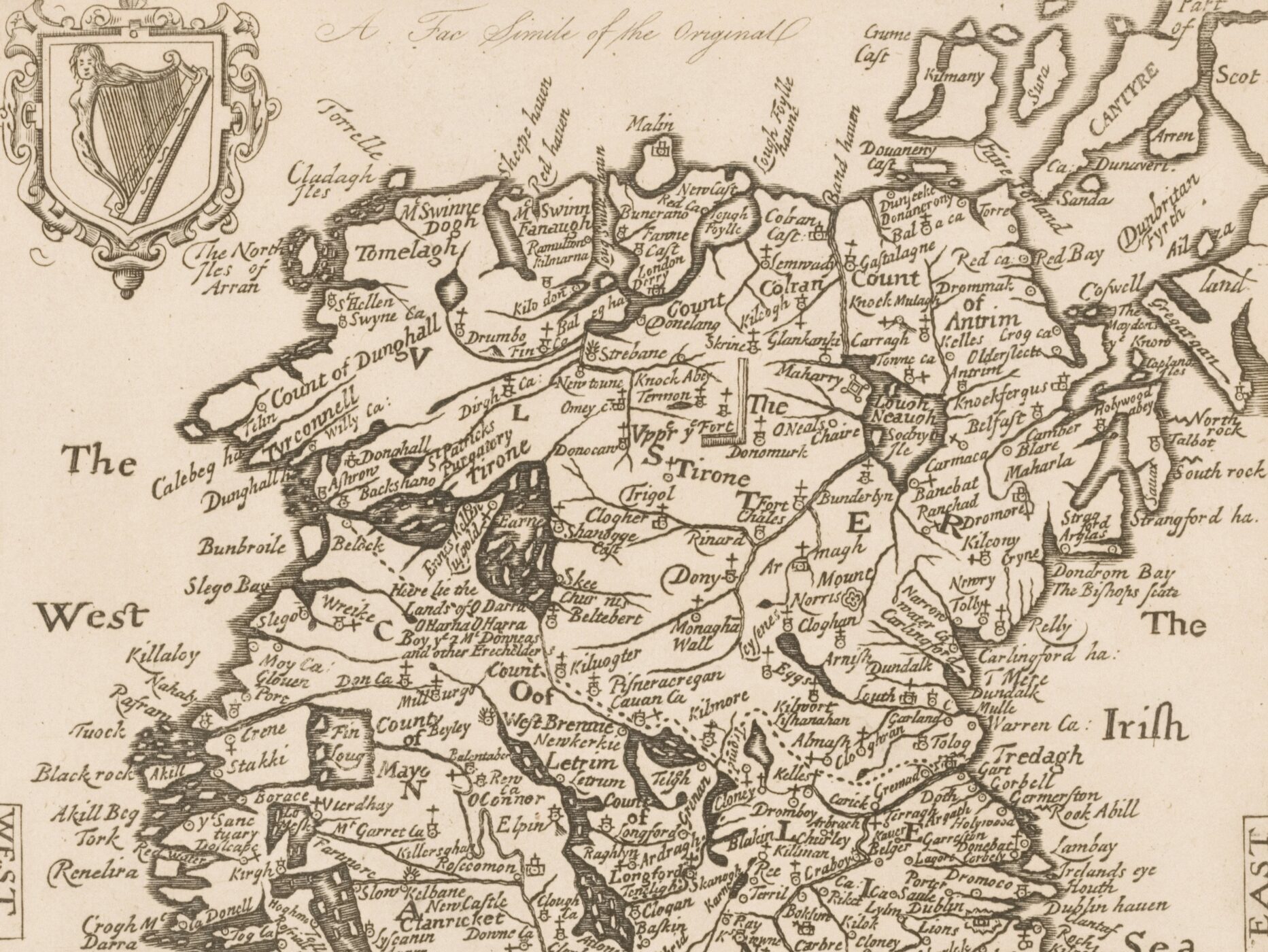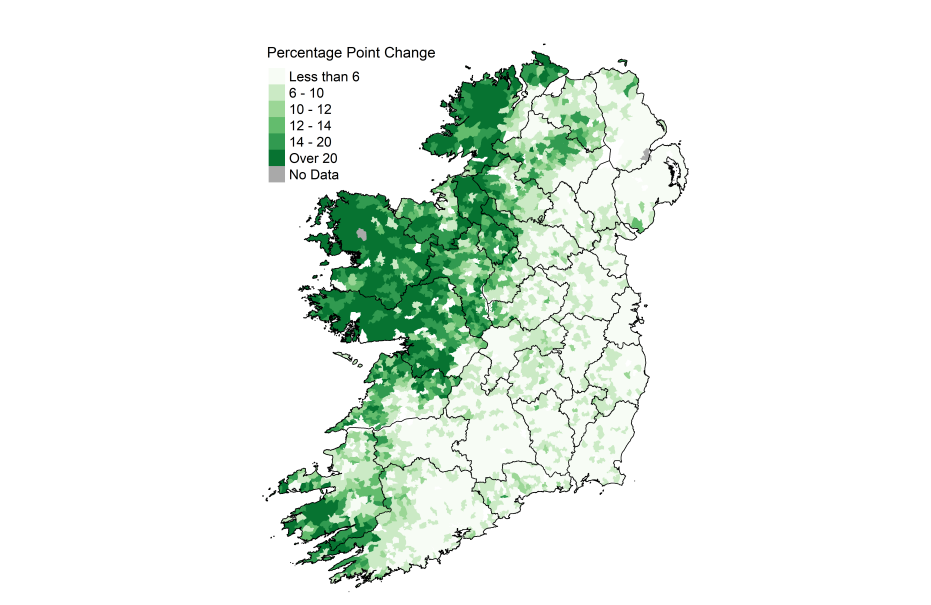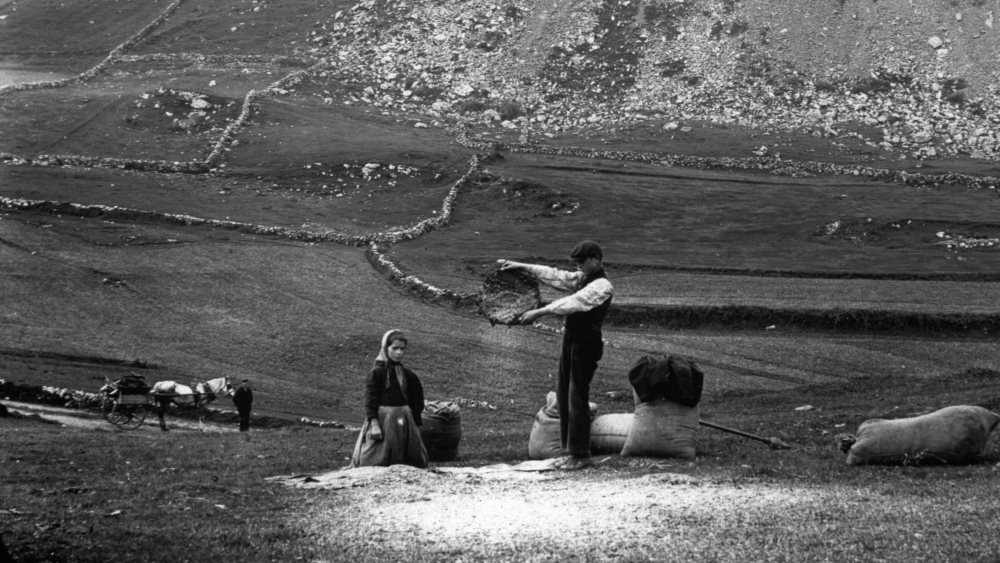You can visit my pure profile here
Working Papers
“From Pensions To Pupils? Schooling, Resource Constraints And Old Age Pensions In Ireland 1901-11”, Job Market Paper, solo authored (PDF)
Abstract: Can cash transfers given to the elderly improve school enrolments in multigenerational households? I answer this question by studying the 1908 Old Age Pension and school enrolments in Irish multigenerational households, using individual-level data from the 1901 and 1911 censuses. My findings show that co-residing with a pensioner increased the likelihood of enrolment, but these effects differed by the gender of the child and pension recipient. Boys benefited most overall. For girls, enrolments rose in the poorest households when the recipient was female but declined in the wealthiest households when the recipient was male. My results are consistent with cash transfers lowering the opportunity costs of schooling, while intra-household bargaining processes favoured boys over girls.
“Finding the Right Time and Place: Evidence from a Unique Place-Based Policy in Ireland 1891– 1911”, Working Paper, solo authored (PDF)
Abstract: Can place-based policies reduce rural poverty? I examine this question through a unique early development programme in Ireland’s poorest regions: the Congested Districts Board. The Board tailored interventions to local conditions, aiming to boost employment and living standards. Using newly digitised, geo-coded investment data, I find for every £1 spent, the policy lifted three people out of absolute poverty, improving socio-economic conditions for the poorest. Agricultural interventions were the key mechanism, increasing capital and shifting production from low-value subsistence tillage to high-value pasture farming. This demonstrates that place-based policies aligned with a locality’s comparative advantage can generate substantial benefits for its community.
“People and the Poor Law: Measuring Poverty in Post-Famine Ireland 1872 – 1914”, Working Paper, solo authored (PDF)
Abstract: Socio-economic conditions are widely believed to have improved for those who survived the Great Irish Famine as depopulation realigned Ireland with its narrowing economic prospects. Yet, the scale and sources of this improvement remain uncertain, particularly for the poorest. I construct a new annual measure of absolute poverty spanning forty years at a high level of spatial disaggregation, which shows that while poverty declined on average, improvement was uneven and prone to volatility during times of crises. Econometric analysis finds an inconsistent role for depopulation, which weakened through time as Unions became less poor. Instead, broader demographic shifts and agricultural composition emerge as the possible drivers of poverty reduction.
Works in Progress
“Left in Limbo: Institutional Change, Religion, and the Catholic Baptism Gap in Twentieth Century Ireland”, with Professor Liam Kennedy
Teaching
- CORE Principles of Economics (Undergraduate Tutorials, Autumn 2025)
- Quantiative Methods (Undergraduate Tutorials, Spring 2024, 2025, 2026)
- Mathematics for Economists (Undergraduate revision sessions, Summer 2024)
- Economic History (Guest Lecture Undergraduates, Autumn 2024 & 2025)



